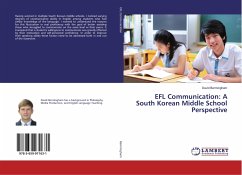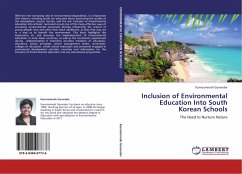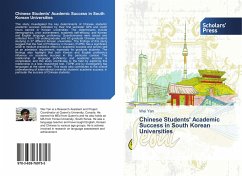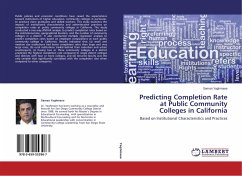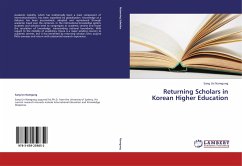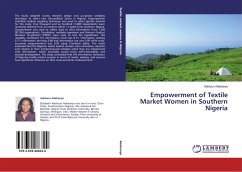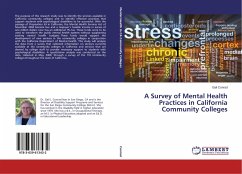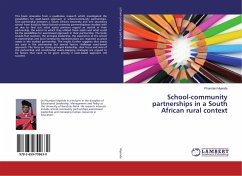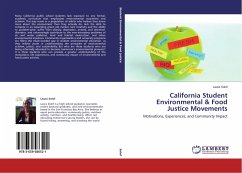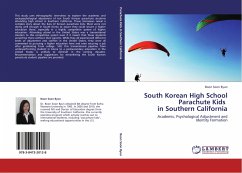
South Korean High School Parachute Kids in Southern California
Academic, Psychological Adjustment and Identity Formation
Versandkostenfrei!
Versandfertig in 6-10 Tagen
45,99 €
inkl. MwSt.

PAYBACK Punkte
23 °P sammeln!
This study uses ethnographic interviews to explore the academic and sociopsychological adjustment of ten South Korean parachute students attending high school in Southern California. These interviews reveal a complex story about the lives of Korean parachute kids. Most were not doing well enough in South Korea to assure they could secure a higher education there, especially in a highly competitive system of higher education. Attending school in the United States was a transnational solution to this competitive system even if it meant that these students would live there without their parents. ...
This study uses ethnographic interviews to explore the academic and sociopsychological adjustment of ten South Korean parachute students attending high school in Southern California. These interviews reveal a complex story about the lives of Korean parachute kids. Most were not doing well enough in South Korea to assure they could secure a higher education there, especially in a highly competitive system of higher education. Attending school in the United States was a transnational solution to this competitive system even if it meant that these students would live there without their parents. While they all experienced different levels of adjustment and conflict in the United States, they were all committed to pursuing a higher education here and even securing a job after graduating from college. Still, this transnational pipeline from underperforming student in Korea to a postsecondary education in the United States is unlikely to diminish in the coming decades. Recommendation and suggestions for streamlining the South Korean parachute student pipeline are provided.



